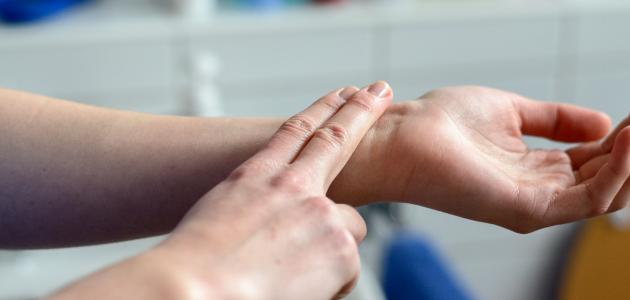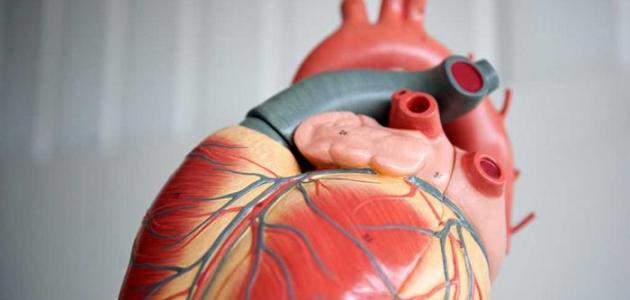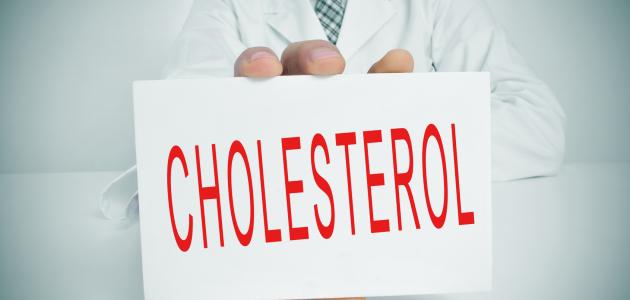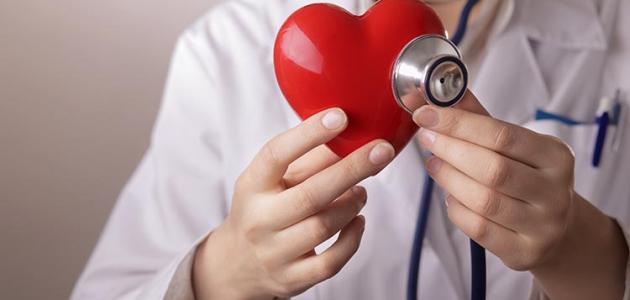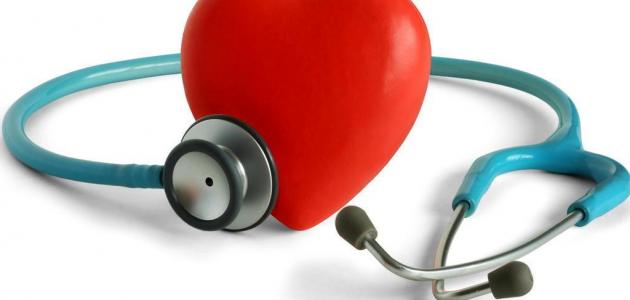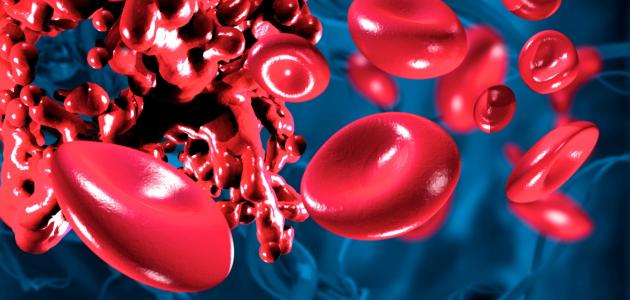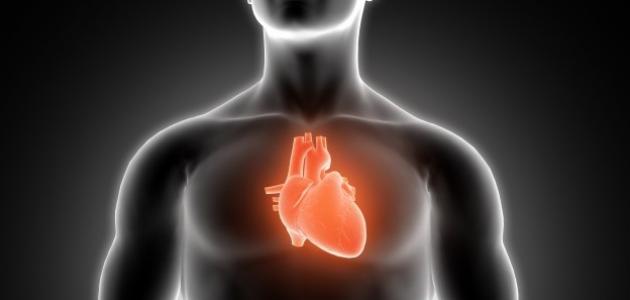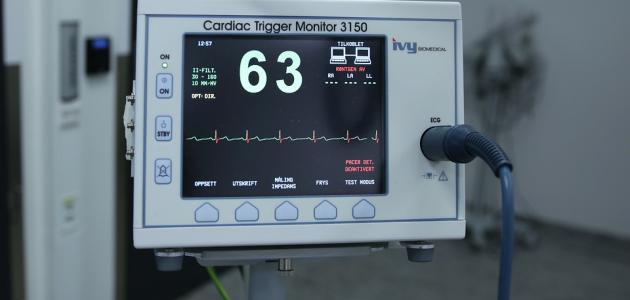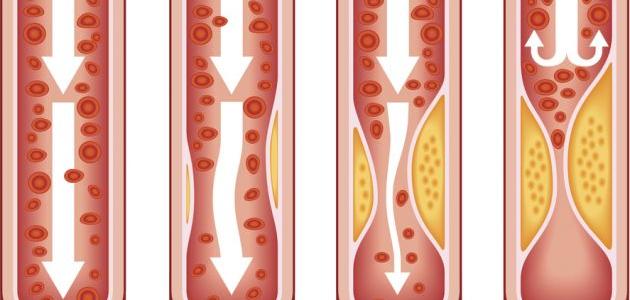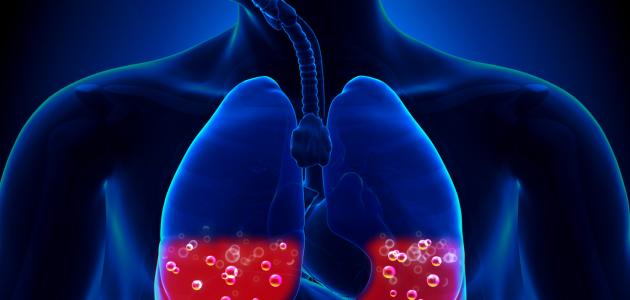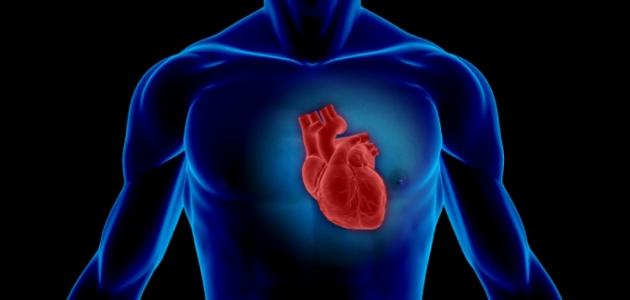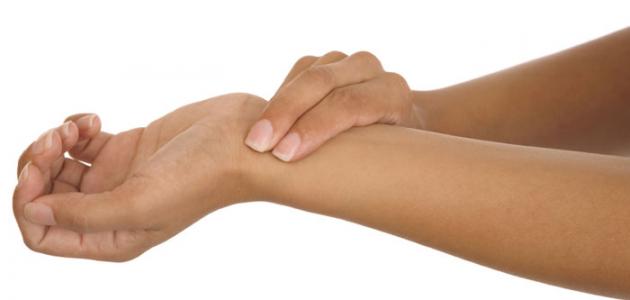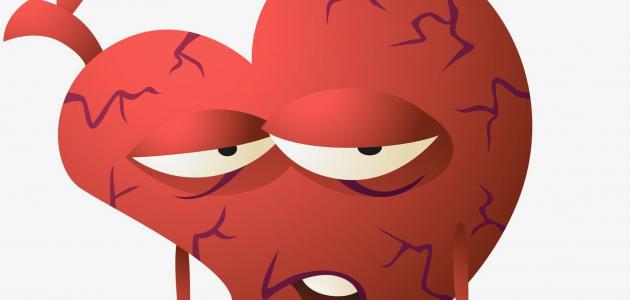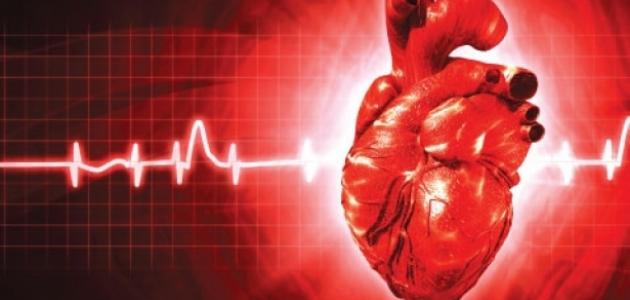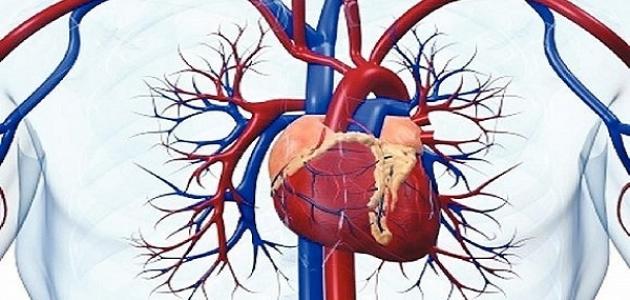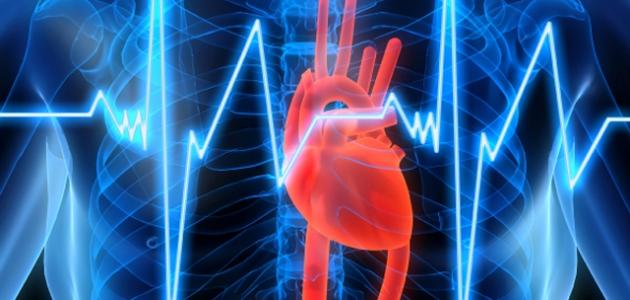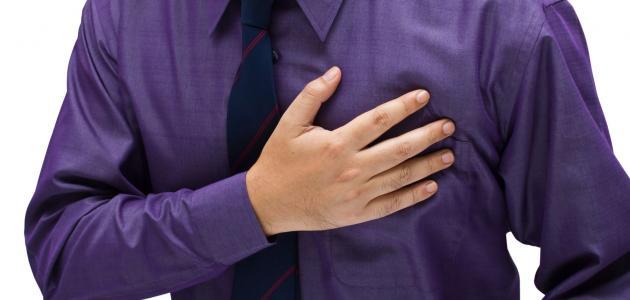Contents
Fast heartbeat
Accelerated heartbeat , tachycardia, rapid heartbeat, or increased heart rate (Tachycardia) is a condition that indicates that the heart is beating at a faster rate than normal, and the heart rate in these cases is usually more than a hundred beats per minute, (1) ] In fact , it is possible that the speed of getting heart from time to time as a result of exposure to certain factors or circumstances, for example , it is possible to happen acceleration of the heart as a result of tension or anxiety or when you exercise or even as a result of drinking alcohol or caffeine, but the heart rate accelerates continuously Or its frequent irregularity is a reason to review the doctor, although many cases of acceleration are due to common conditions that are not satisfactory as we mentioned, but some of them may be attributed to health disorders that require follow-up and treatment to control the condition. [2]
To understand the underlying cause of a rapid heartbeat or heart rhythm problems in general, including acceleration, it is necessary to understand the heart's electrical system and how it works. [3] To begin with, we explain that there are four chambers of the heart, two ventricles and two atria. [4] And that the heart sends electrical signals through the cells of these chambers, and thus it controls the timing and rate of the heartbeat. [5] As for the source of the electrical signals, it is known as the Sinoatrial node, and this node represents a group of specialized cells located in The heart muscle, located in the right atrium, which is one of the two upper chambers of the heart, [6]Where the sinoatrial node sends an electrical signal, then the upper chambers of the heart (atria) contract, then the atrioventricular node sends electrical signals to the ventricles, and the ventricles contract to pump blood, then the SA node sends another electrical signal to the atria to contract And the episode returns again. [5]
Causes of a fast heartbeat
Sometimes it may be difficult to determine the underlying cause of a rapid heartbeat, but in other cases it can be easily identified. The fact that there are many causes that may lead to a rapid heartbeat can be summarized below: [7] [3]
- Exposure to stress , fever, or strenuous exercise.
- Have a health problem, such as anemia, hyperthyroidism, or lung problems.
- Arrhythmia.
- Taking some types of medicine or eating some types of food; Tachycardia may be a side effect of this.
- High or low blood pressure than normal.
- Disturbances in the level of blood salts or minerals that play a role in regulating the heart's electrical signals.
- Smoking .
- Illegal drug and substance abuse.
- Inflammation of the lungs. [8]
- An adrenal gland tumor, which can raise pressure and increase the heart rate. [9]
Risk factors for a fast heartbeat
There are some factors that increase the chance of an increased heart rate, and the following are: [10]
- Coronary artery disease.
- Heart failure.
- heart attack.
- Congenital heart disorders or disorders.
- Chronic lung diseases.
How long the heartbeat lasts
How long the heartbeat lasts depends greatly on the underlying cause of the condition, for example if the fever is the cause of the rapid heartbeat; Lowering the temperature stops the problem of acceleration and returns the rhythm to normal, and if the cause is exposure to certain bleeding, treating the patient and giving him intravenous fluids is useful in solving the problem of acceleration, as well as in cases of hyperthyroidism and adrenal tumors ; The treatment of this condition is sufficient to get rid of tachycardia in the event that these health disorders are the cause, and the problem of rapid heartbeats may last for some time if it is caused by a specific problem in the heart, unlike the acceleration of the heart caused by eating food or taking medicine Certain, in such cases the acceleration ends and the heart rhythm returns to its position as soon as the causative agent leaves the body, either by excreting it through the urine or by the body consuming it. [7]
Types of tachycardia
The causes of a rapid heartbeat can be linked to the type of acceleration that the patient suffers from, and the following is an explanation:
Supraventricular acceleration of the heart
Means the accelerated heart rate supraventricular situation is the occurrence of problems in the electrical signals in the atria way cause increased heart rate, which reduces the amount of blood pumped out by the body of the body due to heart the loss of the ability to pump blood and natural efficiency, [ 1] [11] There are two types of supraventricular tachycardia: [3]
- Atrial fibrillation: , which is the most common and most common type of acceleration of the heartbeat, is the acceleration of the heart due to the complete imbalance of electrical signals in the ears, which leads to a weak and rapid contraction of the atria, and atrial fibrillation may be temporary in some cases, While it needs treatment in other cases.
- Atrial flutter: , in this case the heart rate increases, but it remains regular, and this type is caused by disturbance of the electrical circuit in the atria, knowing that it causes weakness in the contraction of the atria, and it is worth knowing that people who suffer from atrial flutter in They usually suffer from atrial fibrillation in some cases, however, atrial flutter may require treatment in some cases and may not need it in others.
Ventricular acceleration of the heart
Ventricular tachycardia occurs as a result of an imbalance of electrical signals in the two lower chambers of the heart, known as the ventricles, as we mentioned, which affects the ability of the heart to pump blood to different parts of the body, because the increased contractility of the ventricles prevents them from filling with blood, and this condition may be life-threatening if Not treated by a specialist cardiologist. [1] [11]
Sinus rapid heartbeat
Sinus tachycardia means increasing the speed of the natural pacemaker to send an electrical signal, and this may be related to anemia or thyroid problems, and it should be noted that in this case the heart rate increases, but the heart is still able to pump Blood as it should. [1] [11]
References
- ^ A b t w "Tachycardia" , Www.healthdirect.gov.au , Retrieved July 4, 2020. Edited by .
- ↑ "WHY IS MY HEART BEATING SO FAST?" , healthcare.utah.edu , Retrieved July 4, 2020. Edited.
- ^ A b t "Tachycardia" , Www.mayoclinic.org , Retrieved July 4, 2020. Edited by .
- ↑ "Chambers of the heart" , www.healthlinkbc.ca , Retrieved July 4, 2020. Edited.
- ^ A b "Electrical the System Of The Heart View " , Myhealth.alberta.ca , Retrieved July 4, 2020. Edited by .
- ↑ “Anatomy and Function of the Electrical System” , www.stanfordchildrens.org , Retrieved July 4, 2020. Edited.
- ^ A b "Tachycardia" , Www.health.harvard.edu , Retrieved July 4, 2020. Edited by .
- ↑ "Rapid Heartbeat" , chemocare.com , Retrieved 7-4-2020. Edited.
- ↑ "Pheochromocytoma" , www.mayoclinic.org , Retrieved 4-7-2020. Edited.
- ↑ "TACHYCARDIA" , www.medtronic.com , Retrieved July 4, 2020. Edited.
- ^ A b t "Tachycardia" , Www.upmc.com , Retrieved July 22, 2020. Edited by .
